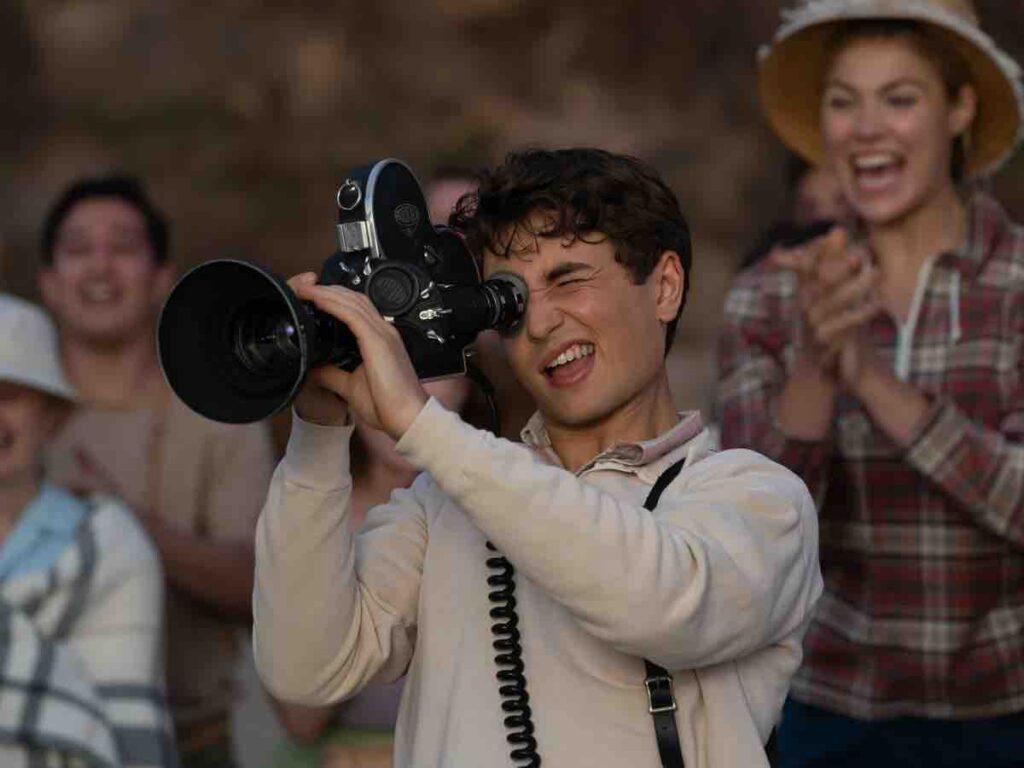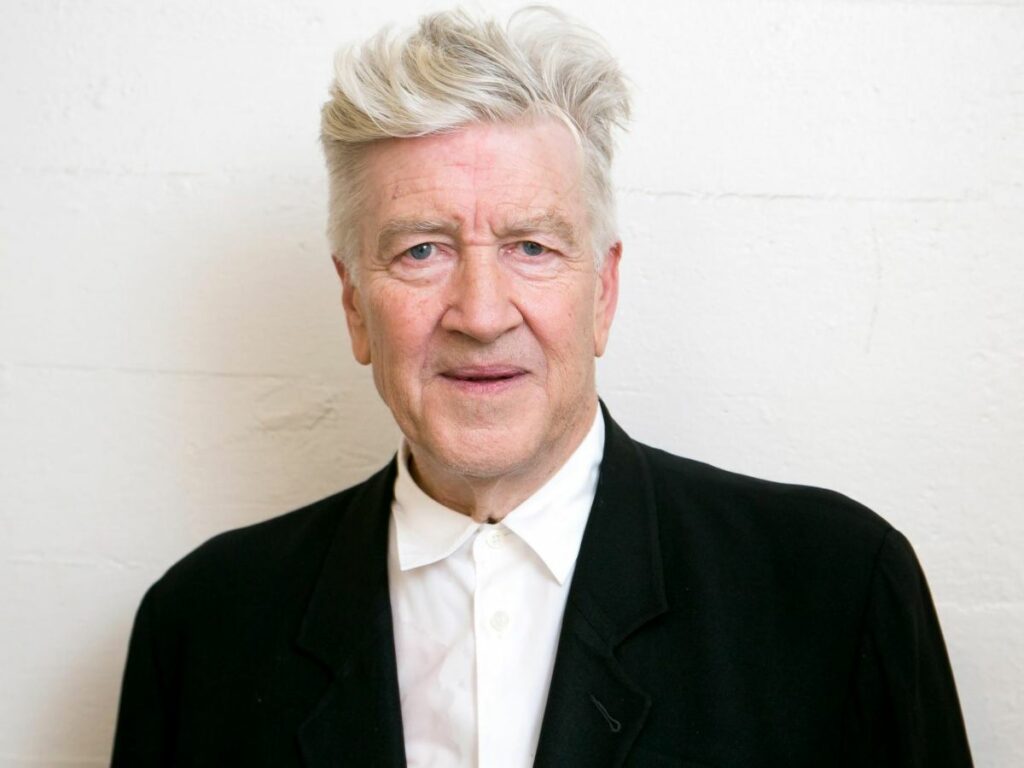This year’s Best Picture Oscar nominations are a mixed bag. There are big-budget box office successes like Avatar: The Way of Water and Top Gun: Maverick alongside indie gems like Triangle of Sadness and Women Talking. Other contenders include well-known favorites from last year (Everything, Everywhere, All At Once) as well as a few underrated efforts (Women Talking) that might pique the interest of only a certain section of moviegoers.
Interestingly, The Fabelmans, which has received seven nominations, has a fair chance of taking home the trophy for the highest honor this year. There are two record achievements alongside the nomination. First, John Williams became the oldest nominee at 90 for a competitive Oscar ever with his nod for best original score. Second, Spielberg received his first ever nomination for “Best Writing” (original screenplay), which he shares with Tony Kushner. Quickly then, here’s why I think The Fabelmans has a strong chance to pick the coveted trophy.
A Dynamic Tale of Family Bonding

The 75-year-old filmmaker has long wanted to share his story on screen but withheld the idea out of concern for his parents’ reaction to having their private lives made public. The demise of his mother Leah Adler, 97, in 2017, and his 103-year-old father Arnold Spielberg three years later paved the way to fulfill his long-cherished dream. The film doesn’t, however, offer a critical or unkind assessment of his upbringing. It’s a touching depiction of his family — an attempt to comprehend his parents’ complexity, particularly their erratic and occasionally outright explosive marriage. The result? The Fabelmans turns out to be a beautifully orchestrated and emotionally potent personal statement.
The film maintains a dramatic variety by touching on themes of family problems, racial prejudice, artistic ambitions, sexual disappointments, adolescent friendships, and the pleasures and pains of growing up. It helps keep viewers engaged with the drama throughout. Steven Spielberg shows incredible bravery in revealing so much about his family and upbringing. There is an unapologetic approach to the screenplay that brings out the emotional truth of this personal story.
For instance, Sammy (LaBelle) resents his father (Paul Dano) for being passionate about his work but doesn’t realize how his father’s love of computers is similar to his own obsession with filmmaking. The bond Sammy shares with his family is immaculately constructed with melodramatic overtones and cinematic simplicity. These attributes make The Fabelmans a creatively enriching film with remarkable directorial control.
Powerhouse Performances
From Argo (2012) to Coda (2021), it’s been established that Best Picture winners in the past have benefited from stellar performances. The Fabelmans’ ensemble cast offers riveting performances —the characters confront dilemmas and conflicts that are real and relatable. Sammy’s is a challenging part since the real-life person he’s portraying is the director himself. But LaBelle excels in a naturalistic performance and plays it with remarkable ease. His sensitive and expressive face easily transports us into Sammy’s world.
Paul Dano does a good job of subtly portraying the inner complexities of his character. Dano is fantastic as the scrupulous Burt, whose eyes glow with love for his wife and son. At the same time, he refuses to see his wife Mitzi’s need for a friend rather than an audience, and she is unaware that Sammy needs a father who can comprehend the harm he causes when he refers to acting as a “passion.” Seth Rogen is soft and endearing in his mannerisms as Uncle Bennie.
Mitzi, played by Michelle Williams, is a talented pianist who’s given up her job to raise her family. Michelle’s impressive performance gives Mitzi a sharp-edged, charismatic look. Her sensuous dance performance in a nightgown backlit by headlights hints both at her sadness and acceptance of life as it is. Michelle makes Mitzi appear to be a content homemaker with her ecstatic facial expressions and underplays the character with sensitivity and gentleness. The Best Actress nom is hardly a surprise!
A Love Letter to Cinema

Spielberg has never been perceived by critics and cineastes as a filmmaker who makes personal and intimate films. His turf is mainstream films, and he has inimitable command over the language of visuals. He also finds creative ways to incorporate himself into his most commercially successful works. From Close Encounters of the Third Kind (1977) and Schindler’s List (1993) to A.I. (2001), his mainstream works frequently show him navigating his sense of who he is as a storyteller and as an individual. And The Fabelmans lets us eulogize the maverick and his accomplishments through a biographical perspective. It features a genius filmmaker at the helm of a narrative, loved and appreciated by Hollywood.
In the film, Sammy’s parents take him to the movies to see Cecil B. DeMille’s The Greatest Show on Earth (1952), which sparks his imagination. That moment onwards The Fabelmans becomes a semi-fictionalized autobiographical examination of the magic of filmmaking. And when it comes to films that celebrate filmmaking, Hollywood loves a meta story, it hardly ever passes up an opportunity to give itself a pat on the back. The film is also a personal narrative that emphasizes creative enthusiasm rather than the commercial aspect of Hollywood. It follows Sammy Fabelman, Spielberg’s alternative personality, and his love of filmmaking. The film is a homage to his love of cinema, his parents, and the undying spirit of making films. What more can cinephiles ask for?




